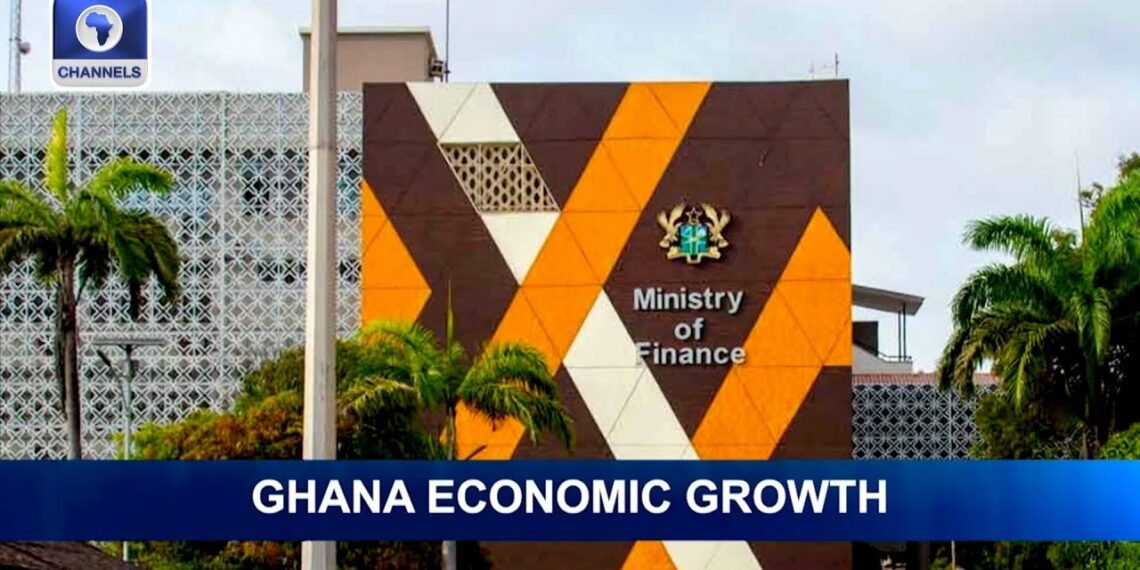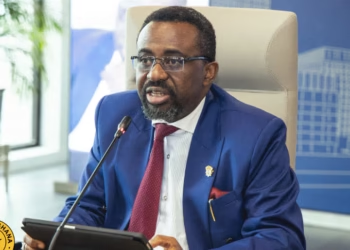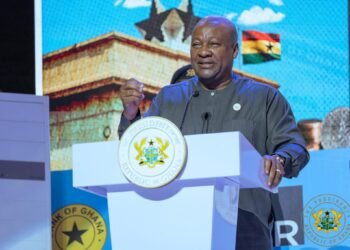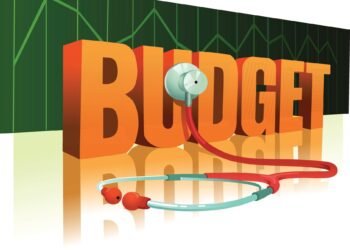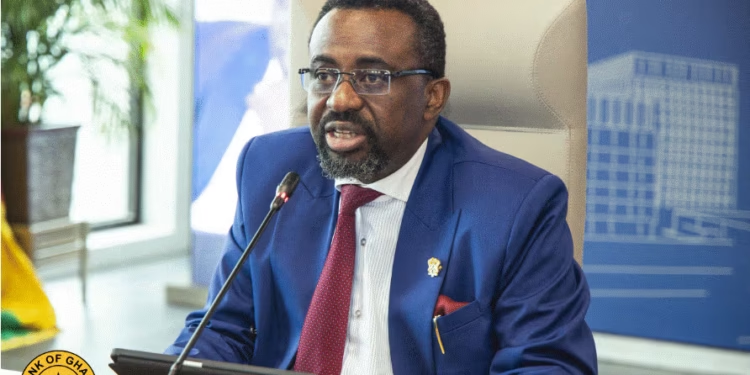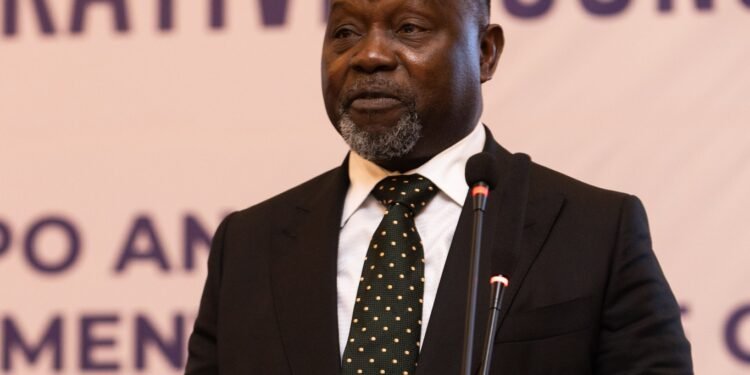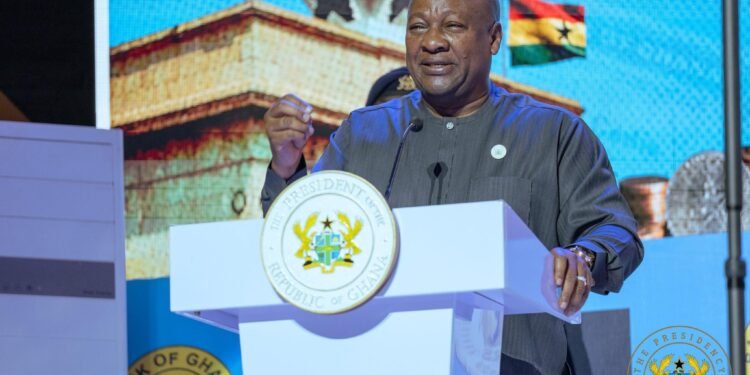Dr. Cassiel Ato Forson has reassured Ghanaians that the economy has truly found its rhythm again after the past few years’ economic decline.
In a post, the Minister of Finance reviewed the progress the current government has made by way of economic recovery and stability. He recounted the economy’s current national growth as well as the growth of the various sectors, compared to the previous year.
“Real GDP surged by 6.3 percent in the first half of 2025, up from 5.1 percent last year, powered by a revitalized agriculture sector, a booming services industry, easing inflation, and renewed business confidence across the country.”
Dr. Cassiel Ato Forson
The growth experienced in the 10 months of 2025 was supported by the agriculture and the services sector, Dr. Forson said. The government, upon assuming office, targeted the agriculture sector with several initiatives under the Agriculture for Economic Transformation Agenda (AETA) umbrella, such as the Feed Ghana Program (FGP) and the Poultry Industry Revitalization ‘Nkuko Nkitikiti’ program.

He added that the government was intentional about the agriculture sector’s growth to complement the other efforts being made to restore and redefine the state of the Ghanaian economy. Dr. Ato Forson also mentioned that “even more encouraging is the 7.8 percent growth in non-oil GDP, a clear sign that Ghana’s momentum is now being fueled by the strength and creativity of our own domestic production.”
“Agriculture, our anchor of stability, accelerated to 6.0 percent growth, doubling last year’s pace, while cocoa made a remarkable comeback from a 21.4 percent slump to 2.8 percent growth.”
Dr. Cassiel Ato Forson
The service sector, led by ICT, finance and insurance, and education, expanded rapidly to boost the sector’s performance and contribution to the overall economic growth.
“The services sector is roaring back to life, jumping 8.8 percent, with ICT skyrocketing by 17.2 percent, finance and insurance rising 9.5 percent, and education expanding 14.9 percent.”
Dr. Cassiel Ato Forson
Besides the agriculture and the service sectors, the general confidence level in the economy has improved. Not only have investors trooped in to invest in Ghana, but households have also shown their confidence in the economy by interacting in the market.

According to Dr. Ato Forson, “on the demand side, households are spending again, with consumption up 8.2 percent—proof of rising confidence.” The purchasing power of Ghanaians has increased following the government’s reduction of the inflation rate to a single digit of 8.0 percent as of October, continuing its streak of decline in 2025.
He also mentioned that “the government’s spending has cooled to 3.7 percent, signaling firm fiscal discipline.” This means that the government’s expenditure has slowed and is now being managed with greater fiscal discipline. This fiscal tightness drives the effort to achieve the macroeconomic targets.
The Finance Minister indicated that the government is breaking the wheel of overspending. The government is now spending less, but on investment and expansionary items that will cause growth and reduce waste in the economy. This move by Dr. Forson and the government is to ensure fiscal stability, manage debt, and boost investor confidence.

He also highlighted that exports jumped by 11.5 percent on the back of gold, cocoa, and non-traditional exports. With reinforced regulations in the main commodity export sectors, Ghana’s commodity exports have increased. This has also increased Ghana’s revenue from its major commodities.
Currently, Ghana is the leading exporter of gold in Africa and the 6th country in the world with the most gold deposits. With the establishment of the Goldbod, the extraction and export processes have been redefined and tightened.
In terms of Cocoa, Ghana is the second-largest producer and exporter of cocoa in the world, after Côte d’Ivoire. Ghana contributes significantly to global cocoa production and supply, making it a major player in the industry, but Côte d’Ivoire produces more than twice the volume of Ghana.
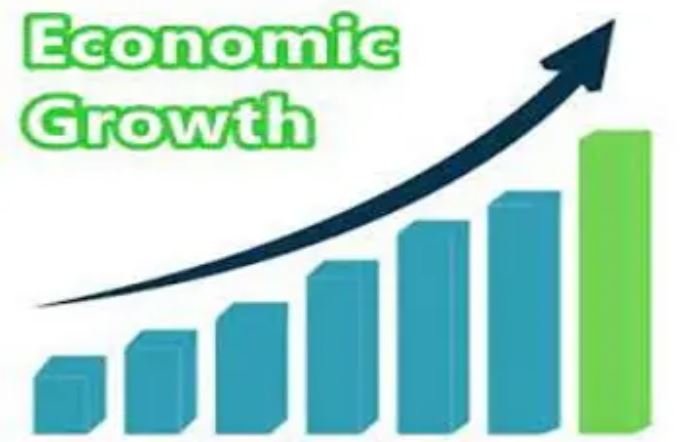
According to Dr. Ato Forson, more measures are being put in place to further boost the export of cocoa, gold, and non-traditional exports. Non-traditional exports include cocoa paste, cocoa powder, and canned tuna, as well as agricultural products like cashew nuts, natural rubber, and shea oil.
“This is the kind of growth that creates jobs, lifts incomes, restores hope, and builds lasting prosperity for all,” Dr. Ato Forson concluded.
READ ALSO: Budget Allocations to Security Services Not Sufficient — Interior Minister

